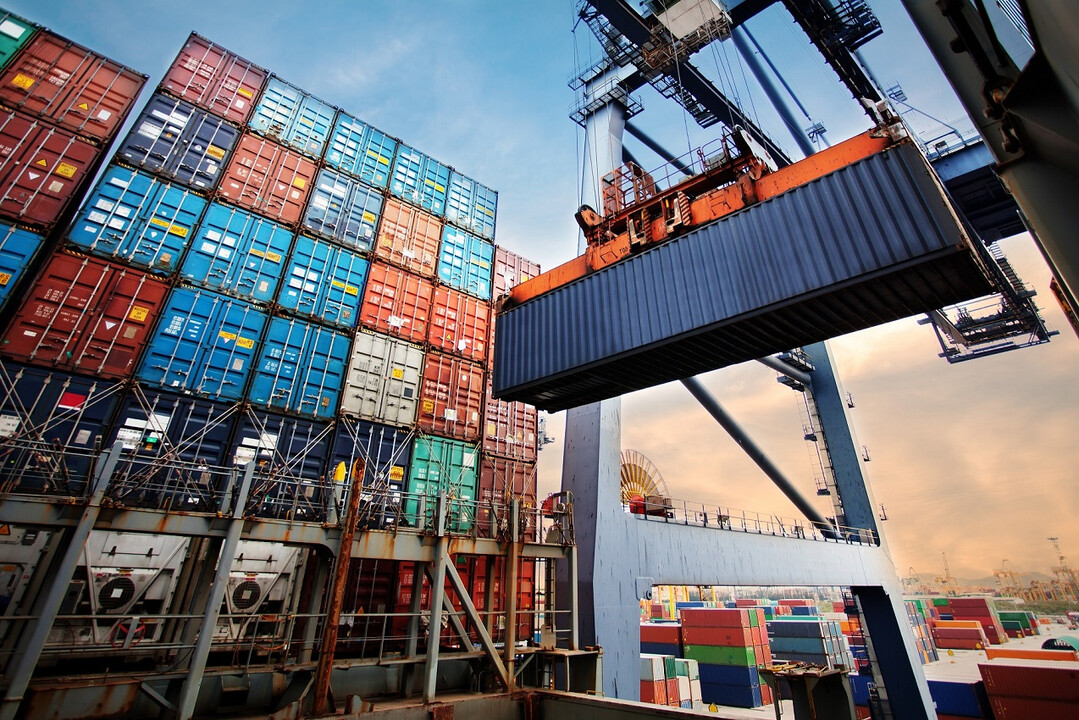
Jakarta, Indonesia – The Indonesian Ministry of Finance has announced the imposition of anti-dumping import duties on nylon film originating from China, Thailand, and Taiwan, effective this month. This measure, detailed in a newly released regulation, aims to protect domestic industries from what the government perceives as unfair trade practices.
The regulation, which will remain in force for four years, establishes a duty range of 1,254 rupiah to 31,510 rupiah ($0.076-$1.92) per kilogram. This tariff structure targets specific companies in China and Thailand, including prominent manufacturers such as Kunshan Yuncheng Plastic Industry, Yuncheng Heshan New Material (China), and AJ Plast (AJ.BK) of Thailand. Notably, the regulation applies universally to all nylon film producers in Taiwan, reflecting a broad approach to addressing the perceived market disruption.
The decision stems from an investigation conducted by the Indonesian Anti-Dumping Committee (KADI), which concluded that the imported nylon film had caused significant financial losses to local manufacturers. The committee's findings highlighted that the pricing of these imports was below fair market value, thereby creating an uneven playing field for Indonesian companies.
Nylon film, a versatile material used extensively in food and industrial packaging, pharmaceuticals, electronics, and textiles, plays a crucial role in various sectors of the Indonesian economy. The government's decision underscores its commitment to safeguarding domestic industries from potentially damaging trade practices, even amidst strong trade relations with key partners.
China, Indonesia's largest trading partner, is a significant source of various imported goods. The implementation of these anti-dumping duties reflects Indonesia's efforts to balance its trade relationships with the protection of its domestic market.
This move is expected to have implications for the supply chain of numerous industries reliant on nylon film. Businesses importing this material from the affected countries will need to adjust to the new tariff regime. The Indonesian government hopes that this measure will foster a more equitable trading environment and support the growth of its domestic manufacturing sector.
The ministry will continue to monitor the impact of these duties and may make adjustments as necessary to ensure fair competition and the health of Indonesian industries.
[Copyright (c) Global Economic Times. All Rights Reserved.]






























